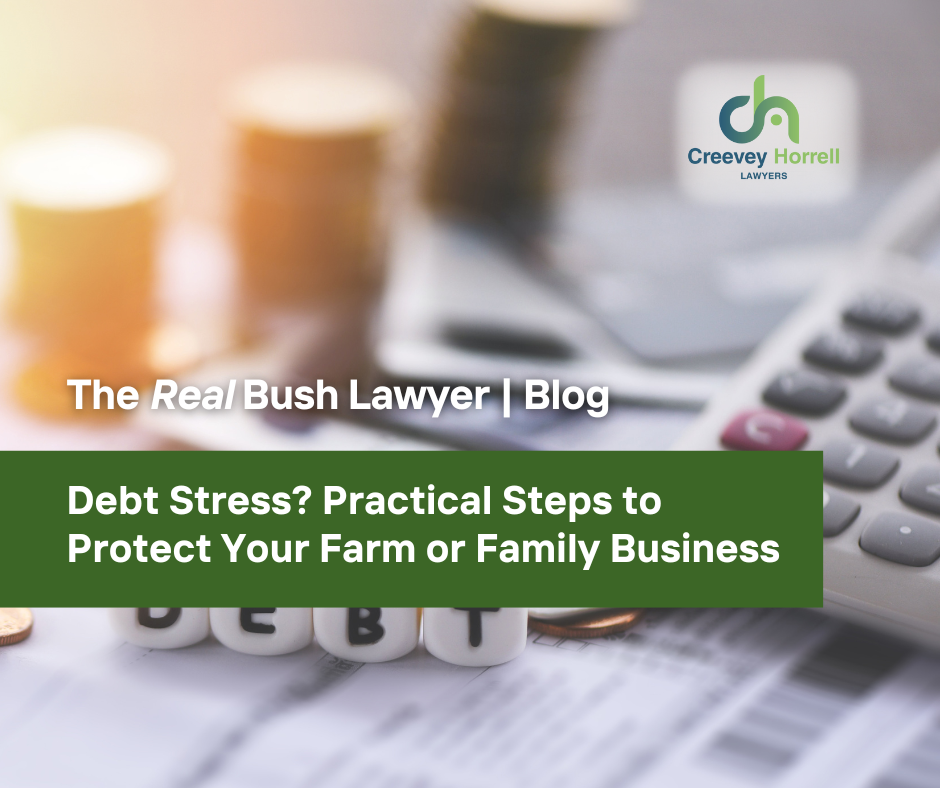CRIMINALISATION OF COERCIVE CONTROL: DOMESTIC VIOLENCE REFORMS IN QUEENSLAND
- Creevey Horrell Lawyers

- May 4, 2023
- 3 min read
Queensland has implemented a number of domestic violence reforms over the years in an effort to address the issue of domestic violence and improve the safety of victims. In 2020, Queensland became the first Australian state to criminalize coercive control. The new laws, which came into effect on 5th April 2021, make it illegal for a person to engage in controlling or abusive behaviour towards their partner or family member.
In order to strengthen protection for victims, the reforms expand the definition of domestic abuse to include a "pattern of behaviour". Under the new legislation, coercive control is defined as a pattern of behaviour that is designed to control, dominate, or intimidate a person in a relationship. This can include things like isolating the victim from friends and family, monitoring their activities, or restricting their access to money.
The penalties for engaging in coercive control can include up to five years imprisonment. The new laws are part of a broader effort to address domestic violence in Queensland, which has one of the highest rates of domestic violence in Australia. The criminalisation of coercive control has been controversial, with some arguing that it could be difficult to prove in court and may result in false allegations. However, supporters of the law argue that it is an important step towards holding abusers accountable for their behaviour and protecting victims of domestic violence.
Queensland's Attorney-General and Minister for the Prevention of Domestic and Family Violence Shannon Fentin said the laws had been adapted to identify patterns of abuse that happen over time. Ms Fentin started the reforms would implement extensive training for frontline services, such as police, to enable them to identify instances of coercive control more accurately.
Further reforms have been introduced to provide stronger options for victims of domestic violence such as tougher penalties for domestic violence offenses, including increasing the maximum penalties for some offenses and introducing new offenses. Moreover, Queensland has also increased funding for services that support victims of domestic violence, including crisis accommodation, counselling, and legal services. Overall, these reforms represent a significant step forward in addressing the issue of domestic violence in Queensland. However, there is still more work to be done to ensure that victims of domestic violence are properly supported and that abusers are held accountable for their actions.
If you or someone you know is experiencing domestic violence, there are a number of legal actions that can be taken to protect the victim and hold the abuser accountable. Here are some legal options:
Domestic Violence Protection Order (DVPO): A DVPO is a court order that prohibits the abuser from approaching or contacting the victim. The order can also include other conditions, such as requiring the abuser to attend counselling. A DVPO can be obtained from the Magistrates Court.
Criminal charges: If the abuser has committed a criminal offense, such as assault or stalking, criminal charges can be laid against them. The police can investigate and charge the abuser.
Family law orders: If the victim and abuser are in a family relationship, family law orders can be obtained from the Family Court or Federal Circuit Court. These orders can address issues such as parenting arrangements, property settlement, and spousal maintenance.
Apprehended Domestic Violence Order (ADVO): In some states, an ADVO can be obtained from the police, which is similar to a DVPO.
It is important to note that legal action can be a complex and challenging process. Victims of domestic violence should seek support from a range of services, including counselling and support services, to ensure their safety and well-being. It is important to seek legal representation that specializes in domestic violence cases to ensure that the lawyer has the knowledge and experience to best represent the victim's interests. Legal representation can provide invaluable support for victims of domestic violence in navigating the legal system and obtaining the protection they need.




.png)




Comments